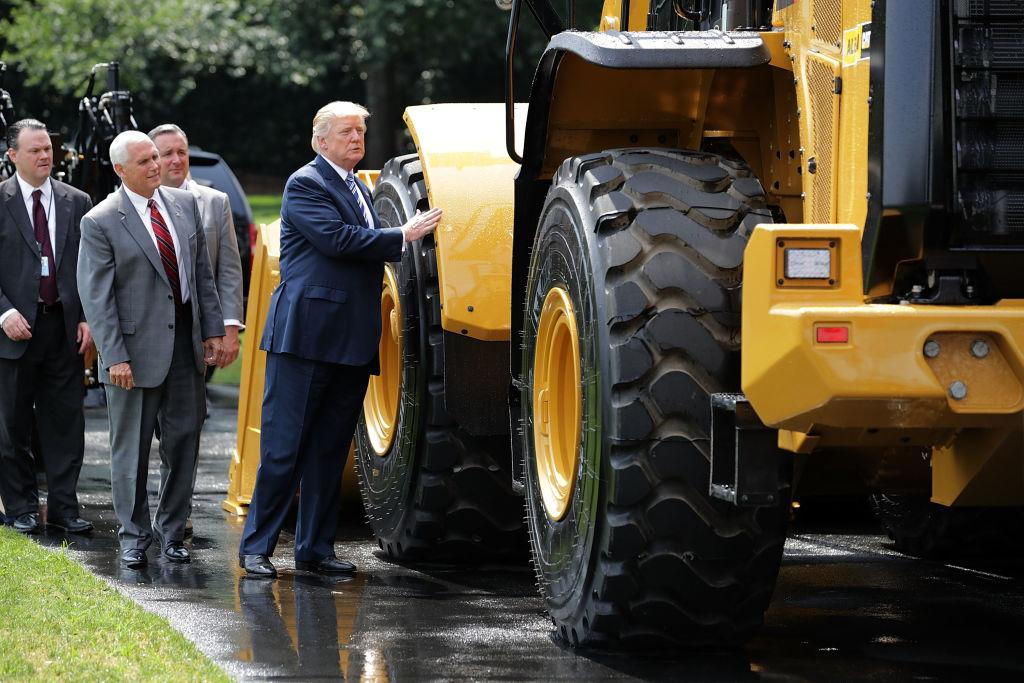WASHINGTON—The Trump administration is pushing the Senate to revive the U.S. Export-Import Bank (Ex-Im), labeling it “a national security weapon.” But some Republicans and advocacy groups backed by the Koch brothers oppose the bank, calling it “corporate welfare.”
The federal export credit agency can’t authorize loans and guarantees above $10 million, since the authorization of higher sums requires the agency’s board to have a quorum, which is a minimum of three members.





